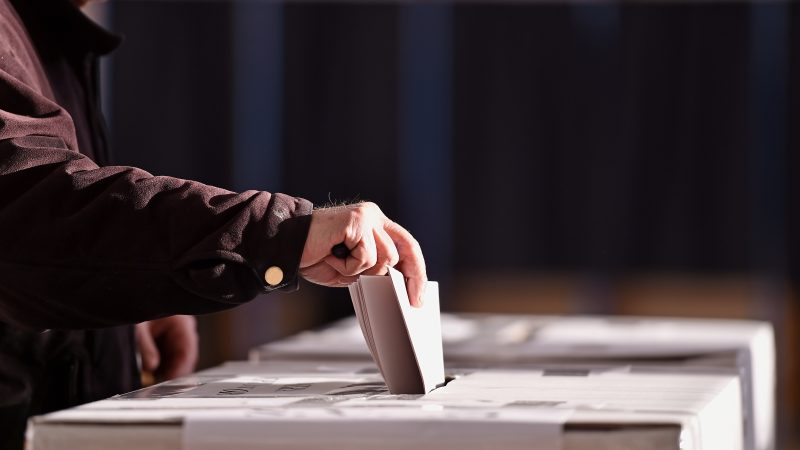
The Electoral Reform Society has argued that the government’s elections bill would drive a “bulldozer through our democracy” and could disenfranchise more than two million people across the country.
Ahead of the second reading of the bill, which would require voters to show photo identification to cast a ballot in the next general election, the group warned that it poses a “huge risk to democratic equality”.
Director of policy and research at the Electoral Reform Society Dr Jess Garland highlighted that, according to the government’s own figures, over two million voters do not currently have access to recognisable photo ID.
“There is no evidence to justify this heavy-handed plan, when we know the real threats to political integrity are unregulated lobbying, dodgy donations and foreign interference,” she said.
“These proposals could disenfranchise voters on an industrial scale, at huge cost. While ministers have promised a ‘free’ ID, we are yet to see the details. There are huge risks asking stretched councils to both provide new IDs and become bouncers of the ballot box.
“The calls to scrap this dangerous ID policy are growing by the day. These petitions are a snapshot of the increasing anger from across society at this undemocratic and unnecessary plan. It is time to defend the right to vote. It’s vital that all MPs and peers stand up for the right to vote and challenge this costly legislation head on.”
17 leading civil society groups including Stonewall, Liberty, the Electoral Reform Society, Operation Black Vote, NUS and Silver Voices urged ministers earlier this year to drop the “dangerous” plans, first outlined in the Queen’s Speech, to introduce a mandatory requirement for voters to show ID.
Research suggests that marginalised groups are less likely to have ID, including women, those living in urban areas, the under 20s and over 65s. Driving licence ownership has fallen by 40% among the under 20s since the 1990s.
A Department for Transport survey in 2019 found that 52% of Black people had a driving licence, compared with 76% of the white population. FCA research in 2019 estimated that 1.3 million people in the UK did not have a bank account.
The ERS has highlighted the government’s response to a petition calling verified ID to be a requirement to open a social media account, in which the minister wrote: “Users without ID, or users who are reliant on ID from family members, would experience a serious restriction of their… experience, freedom of expression and rights.
“Research from the Electoral Commission suggests that there are 3.5 million people in the UK who do not currently have access to a valid photo ID.”
The group has argued that this is contradictory to a response to a petition calling on the government to scrap plans for photo ID requirements under the elections bill, in which the minister wrote: “Showing identification to prove who you are is something people of all walks of life already do everyday.
“It is a reasonable and proportionate approach to extend this practice to voting and to give the public confidence that their vote is theirs, and theirs alone. Everyone who is eligible to vote will continue to be able to do so.”
Keir Starmer criticised the proposed legislation in his response to the Queen’s Speech in May, telling Boris Johnson that the bill would make it harder for people to vote, “tramples on civil liberties” and “discriminates”.
“The Prime Minister must know that by introducing compulsory voter ID he will suppress turnout. It will disproportionately impact ethnic minorities and it will weaken our democracy,” he said, adding: “Labour will have no part in that.”




More from LabourList
‘I was wrong on the doorstep in Gorton and Denton. I, and all of us, need to listen properly’
‘Why solidarity with Ukraine still matters’
‘Ukraine is Europe’s frontier – and Labour must stay resolute in its defence’